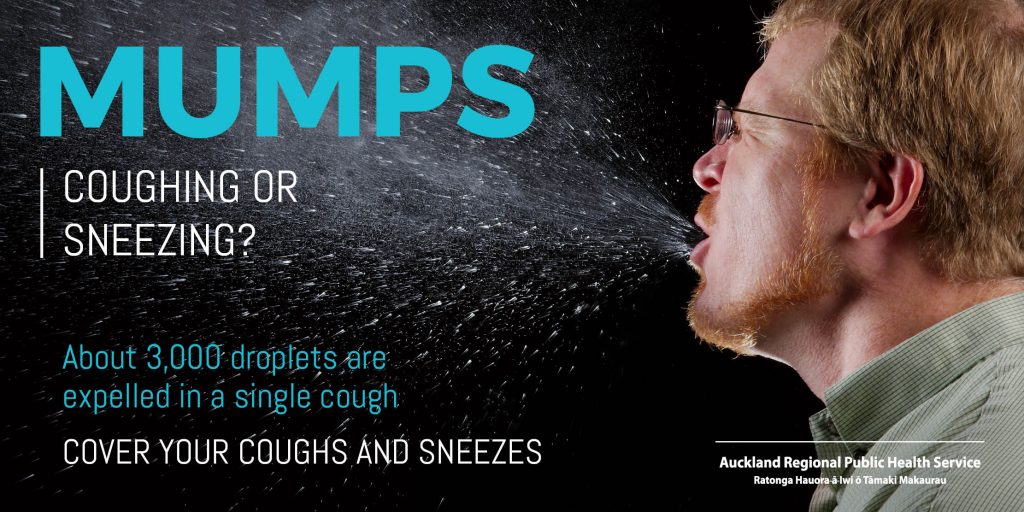Auckland Regional Public Health Service (ARPHS) is reporting 740 confirmed and probable mumps cases since the beginning of the year making it the worst year for the contagious viral disease in more than two decades (1994).

Low vaccination rates are fueling Auckland’s mumps outbreak. “The majority of cases are aged 10 to 29 years as this age group has had lower than average immunization rates,“ says Clinical Director, Dr Julia Peters. Around 80 percent of the current cases were not fully vaccinated.
ARPHS has called this the “lost generation” and they are facing a triple threat of potentially serious diseases.
This lost generation of the unprotected is partly due to the now discredited MMR controversy from 1998 onwards. There is also a pool of adults who may have missed out on receiving the second dose of the MMR vaccine when they were children, as the timing of this dose was moved from 11 years to 4 years in 2001.
According to national immunization data, the coverage rates in young children up to the age of 12 years are around 80 percent. Today’s mid twenty year olds have even lower rates, with a national coverage survey reporting that only 60 percent of Pakeha children were fully immunized in 1991, with lower rates for Maori (42 percent) and Pacific children (45 percent).
“Most people recover from mumps however some individuals can develop rare complications which we have already seen this year. I urge parents to check with their doctors to ensure their families’ measles, mumps and rubella (MMR) vaccinations are up to date. Vaccination is free,” says Dr Peters.
Related:
- Diphtheria: A short history, the disease, treatment and the success of the vaccines
- Syracuse mumps cases continue to rise, How effective is 3rd MMR vaccine?
- Nebraska researchers: 4-in-1 flu shot may mean lifelong protection against the flu
- Measles alert issued in Canberra, 2nd case of the year


